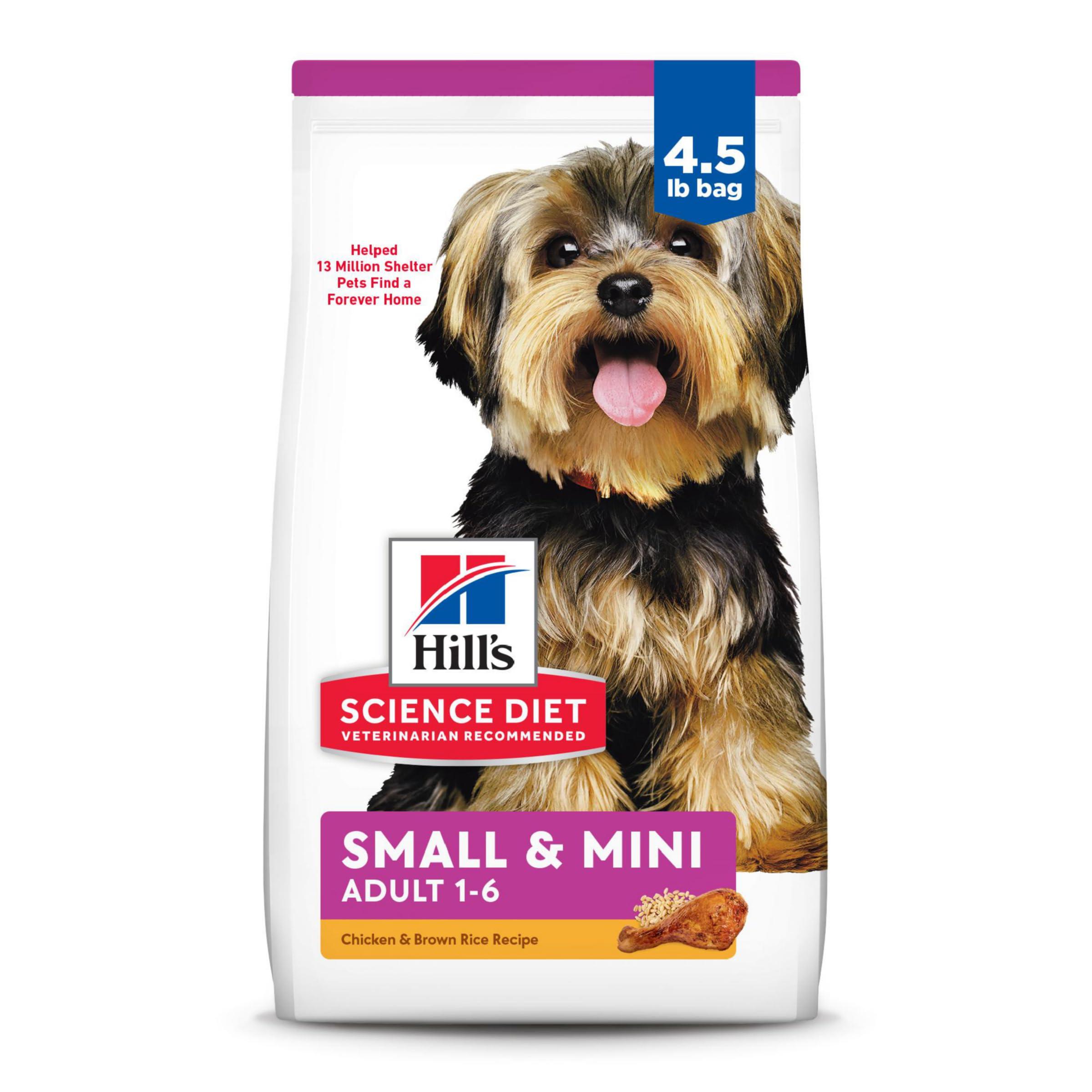When it comes to our beloved canine companions, ensuring their health and happiness is a top priority for any dog owner. One of the most debated topics in the realm of pet nutrition is whether grains should be a part of a dog’s diet. As pet food aisles brim with grain-free options and conflicting advice swirls online, it can be challenging to discern the best path forward for our furry friends. In this article, we aim to unravel the complexities surrounding grains in dog food, offering insights into whether they are beneficial or if they should be avoided. Join us as we explore the nutritional needs of dogs, examine the role of grains in their diet, and provide guidance to help you make informed decisions for your pet’s well-being.
Understanding Grains in Canine Nutrition
Grains have long been a staple in many commercial dog foods, yet their place in canine nutrition often sparks debate among pet owners and veterinarians. Understanding the role of grains can help you make informed choices for your furry friend’s diet. Grains are an excellent source of carbohydrates, which provide energy for your dog’s daily activities. Additionally, they can be a valuable source of fiber, aiding in digestion and maintaining a healthy weight. Some grains, such as quinoa and brown rice, are also rich in essential vitamins and minerals, contributing to overall health.
However, not all grains are created equal, and some dogs may be sensitive or allergic to specific types. Common symptoms of grain allergies include itching, digestive upset, and skin irritation. If you suspect your dog has a grain sensitivity, it might be worthwhile to try a grain-free diet under the guidance of a veterinarian. Here are a few considerations when deciding whether to include grains in your dog’s diet:
- Energy Needs: Active dogs may benefit from the energy provided by carbohydrates found in grains.
- Allergies and Sensitivities: Monitor for any adverse reactions if grains are included.
- Nutritional Balance: Ensure that the grains are part of a balanced diet that includes protein and healthy fats.
Ultimately, the decision to include grains in your dog’s diet should be based on their individual needs and health conditions, always keeping in mind that a balanced and varied diet is key to their wellbeing.
Evaluating the Health Benefits and Risks of Grains for Dogs
When it comes to incorporating grains into a dog’s diet, it’s crucial to understand both the potential health benefits and risks involved. Grains can be a valuable source of essential nutrients, providing dietary fiber, vitamins, and minerals that support a dog’s overall well-being. Including grains like rice, oats, and barley can aid in digestion, improve stool quality, and offer sustained energy. Moreover, many commercial dog foods use grains as a binding agent to maintain texture and consistency. However, it’s important to choose whole grains, as these are less processed and retain more nutritional value.
On the flip side, some dogs may have specific sensitivities or allergies to grains, which can lead to symptoms such as itchy skin, digestive issues, or ear infections. In these cases, opting for a grain-free diet might be beneficial. Considerations include:
- Individual Allergies: Monitor for any adverse reactions when grains are introduced.
- Quality of Grains: Choose high-quality, whole grains over processed options.
- Veterinary Advice: Always consult with a veterinarian to tailor a diet plan specific to your dog’s needs.
Ultimately, understanding your dog’s unique dietary requirements and potential reactions to grains is essential for making informed choices about their nutrition. Balancing the benefits and risks with careful observation and professional guidance can ensure your furry friend remains healthy and happy.

Tailoring Your Dogs Diet for Optimal Health
In recent years, the question of whether dogs should consume grains has sparked lively discussions among pet owners and nutritionists. It’s important to recognize that grains are not inherently bad for dogs. Many dogs thrive on diets that include grains, which can offer essential nutrients like fiber, vitamins, and minerals. However, as with any dietary component, the key is moderation and understanding your dog’s specific needs.
For some dogs, particularly those with certain allergies or sensitivities, a grain-free diet might be beneficial. If you suspect your dog has a grain allergy, consider these steps:
- Consult with your veterinarian to conduct an allergy test or recommend an elimination diet.
- Observe your dog’s reactions to different foods and adjust accordingly.
- Look for quality grain-free dog food options that provide balanced nutrition without compromising on essential nutrients.
Remember, every dog is unique, and what works for one might not work for another. Ensuring a balanced diet tailored to your dog’s individual health needs is paramount.

Expert Recommendations for Grain-Inclusive and Grain-Free Diets
When considering the best diet for your furry friend, experts highlight that both grain-inclusive and grain-free options have their unique benefits. For those leaning towards a grain-inclusive diet, it’s essential to recognize that grains can be a valuable source of carbohydrates, which provide energy, as well as fiber, which aids digestion. Veterinarians often recommend whole grains like brown rice and oats for their nutritional value and ease of digestion.
Conversely, a grain-free diet might be recommended for dogs with specific allergies or sensitivities. Such diets typically substitute grains with alternative carbohydrate sources like sweet potatoes or peas. Experts caution, however, to ensure that these diets are well-balanced and not overly reliant on protein. Here are a few expert tips to consider:
- Consult your vet: Always discuss dietary changes with a veterinarian, especially if your dog has health issues.
- Monitor your dog’s response: Observe any changes in energy, coat condition, or digestion when switching diets.
- Check for complete nutrition: Whether grain-inclusive or grain-free, ensure the diet provides all necessary nutrients.

